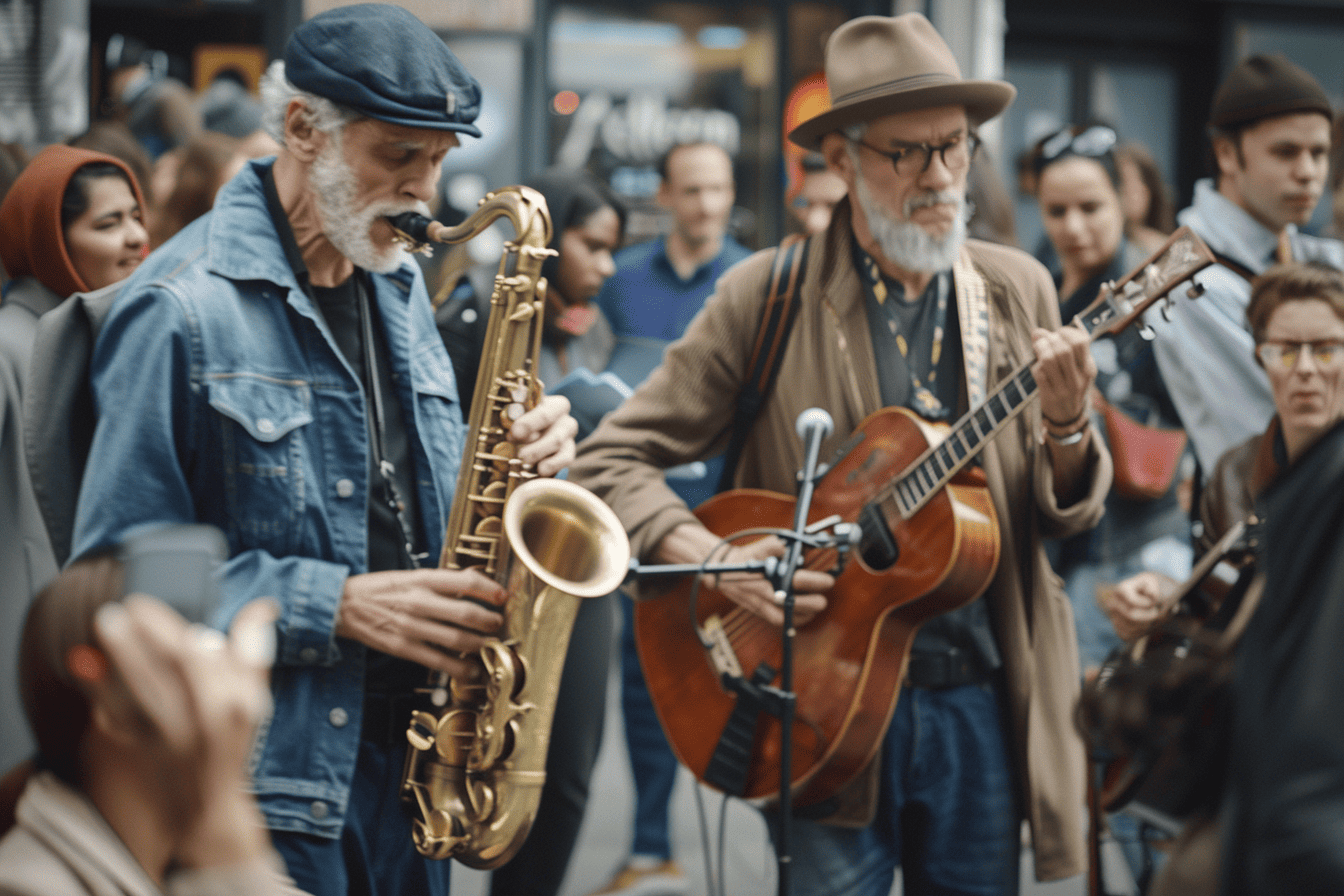
When the world quieted to a whisper, and stages went dark, something unexpected happened: brass instruments, once silenced, became symbols of hope.
Early in the pandemic, no one underestimated the risk. Studies from Colorado State University showed that playing brass instruments released significantly more respiratory particles than many other activities—more even than singing. Trumpets, trombones, and tubas were deemed to be among the highest aerosol producers in orchestras, far exceeding woodwinds and even vocalists.
Across cities and music schools, communities faced a heart-wrenching choice: preserve safety… or let music die.
But instead of silence, musicians found a new way to play.
Brass ensembles didn’t simply wait. They improvised—with heart.
At Indiana University’s Jacobs School of Music, students crafted masks with flaps and magnets that allowed brass players to perform through specially designed protective fabric. Bell covers made from pantyhose, MERV-13 filters, or layered cloth became makeshift instrument masks—reducing particle emission by an impressive 53–73%.
These homemade adaptations, combined with rehearsals in large ventilated spaces and strict distancing, brought back the pulsating energy of brass music—safely.
Before long, the messages carried by brass went beyond sound. In Boston, the Boston Hope Music initiative was born.
Musicians submitted “musical doses”—recordings of songs and performances—that field-hospital patients recovering from COVID-19 could access via tablets. Brass players’ melodies floated through hospital corridors, reaching isolated patients and overwhelmed healthcare staff alike.
Elsewhere, musicians—often with their instruments masked and bell-covers in place—played live for people waiting to be vaccinated. Those bold notes weren’t just music. They were courage, connection, and normalcy, in a time when all felt suspended.
The brass community taught us this: music matters more when the world pulls away.
Yes, brass instruments—by the nature of their airflow—posed risks. But in countless ways, brass bands and soloists offered relief. They adapted, they protected, and they persevered.
Music didn’t just entertain. It broke isolation. It reminded patients they were not forgotten. It let healthcare workers breathe deeply—even amid chaos.
In brass, we found more than melody. We found humanity.